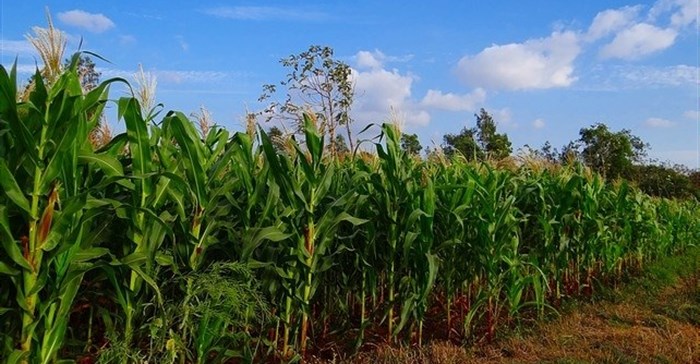






Pieterse said: "I would bet my whole salary that there are no glyphosate residues on the maize when harvested."
However, the International Research Agency on Cancer said in March that glyphosate "probably" caused cancer. The agency, part of the World Health Organisation, uses this classification when there is "limited evidence of carcinogenicity in humans as well as sufficient evidence of carcinogenicity in experimental animals".
In the last week of September, two US workers - a farm worker and one at a horticultural product company - filed a class action against Monsanto, saying the weed killer had given them cancer.
Both the US Environmental Protection Agency and the European Food Safety Authority have found glyphosate safe. Monsanto SA CEO Kobus Steenekamp said Roundup weed killer was "still South Africa's No1 herbicide in volume and importance". And it was one of the "safest herbicides in the world".
Pieterse said a product was most likely to cause cancer if a person was exposed to high levels of it. But maize consumers are not directly exposed to the herbicide as it is used about six and eight weeks after maize is planted. The product breaks down very quickly, meaning it is not on the maize when harvested three months after planting. In the US, however, it had been used on mature crops, said Pieterse.
Monsanto said increasing volumes of genetically modified maize in SA improved food security.
In 1990 South Africa grew about nine million tons of maize on almost 4.5 million hectares of land. Last year it grew about 14 million tons of maize on 2.6 million hectares of land, said Andrew Bennett, head of technology at Monsanto. This means the yield from the land has almost doubled. Bennett said that, without GM, maize volumes produced would not be as high or as consistent.
Source: The Times

For more than two decades, I-Net Bridge has been one of South Africa’s preferred electronic providers of innovative solutions, data of the highest calibre, reliable platforms and excellent supporting systems. Our products include workstations, web applications and data feeds packaged with in-depth news and powerful analytical tools empowering clients to make meaningful decisions.
We pride ourselves on our wide variety of in-house skills, encompassing multiple platforms and applications. These skills enable us to not only function as a first class facility, but also design, implement and support all our client needs at a level that confirms I-Net Bridge a leader in its field.
Go to: http://www.inet.co.za